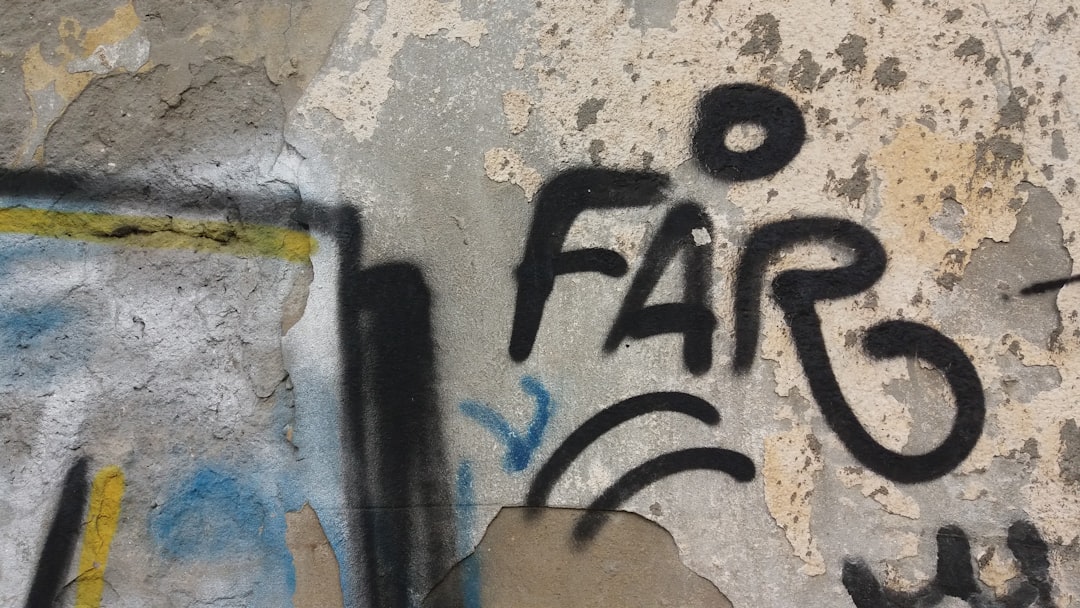Oregon prioritizes elder safety with comprehensive legal protections against financial fraud, neglect, and sexual assault. Wearable technology offers emergency response capabilities for seniors living alone or with reduced mobility. Organizations like the National Center on Elder Abuse provide support through educational materials, training, and hotlines. Elderly sexual assault attorneys advocate for older adults' rights, guiding them in reporting abuse, seeking justice, and accessing compensation while collaborating with law enforcement and social services to protect vulnerable elders.
In Oregon, technology plays a pivotal role in safeguarding the well-being of its aging population. This article explores the state’s comprehensive approach to elder safety, focusing on legal protections, innovative tech tools, and resources for prevention of elderly sexual assault. From monitoring devices and communication apps to advocacy groups, these measures ensure peace of mind for seniors and their families. Discover how Oregon is leveraging technology to enhance elder care, emphasizing the importance of legal safeguards and digital solutions in protecting vulnerable individuals from sexual abuse.
Oregon's Elder Safety Framework: Legal Protections in Place

In Oregon, elder safety is a paramount concern, and the state has established a robust framework to protect its aging population. The Elder Safety Framework provides legal protections for seniors, especially those vulnerable to exploitation and abuse. This includes measures against financial fraud, neglect, and even sexual assault, with specific laws designed to hold perpetrators accountable.
Elder sexual assault attorneys play a crucial role in navigating these legal protections. They help victims understand their rights and guide them through the legal process. Oregon’s laws offer a safety net for seniors, ensuring that they can live free from harm and exploitation.
Tech Tools for Monitoring and Communication: Devices and Apps

Technology offers a range of tools to enhance safety for seniors, especially in matters of monitoring and communication. For elderly individuals living alone or with reduced mobility, there are various devices and apps designed to provide peace of mind for both them and their loved ones. Wearable technology, such as smart watches, allows users to call for help with the push of a button, enabling quick response times in emergencies. These devices can also track an individual’s location, which is particularly beneficial for those with cognitive impairments or tendencies to wander.
Additionally, there are apps specifically tailored for senior safety that facilitate communication and monitoring. Many of these apps enable users to check in with family members or caregivers at set intervals, ensuring regular contact. Some even offer features like automatic fall detection and emergency notification systems, which can alert loved ones or local authorities if a senior experiences a fall or other distressing event. These technological advancements not only empower seniors but also provide an extra layer of protection, especially in remote areas where immediate assistance might be delayed.
Preventing Elder Sexual Assault: Resources and Advocacy Groups

Preventing elder sexual assault is a critical aspect of ensuring the safety and well-being of Oregon’s aging population. Fortunately, various resources and advocacy groups are dedicated to this cause. Organizations like the National Center on Elder Abuse (NCEA) provide valuable information and support for both victims and caregivers. They offer educational materials, training programs, and hotlines to connect individuals with needed assistance.
Moreover, local legal aid organizations, including elderly sexual assault attorneys, play a pivotal role in advocating for the rights of older adults. These professionals are equipped to handle complex legal matters and provide guidance on reporting abuse, seeking justice, and accessing compensation. They work closely with law enforcement and social services to ensure that perpetrators face accountability while offering protection and resources to vulnerable elders.






